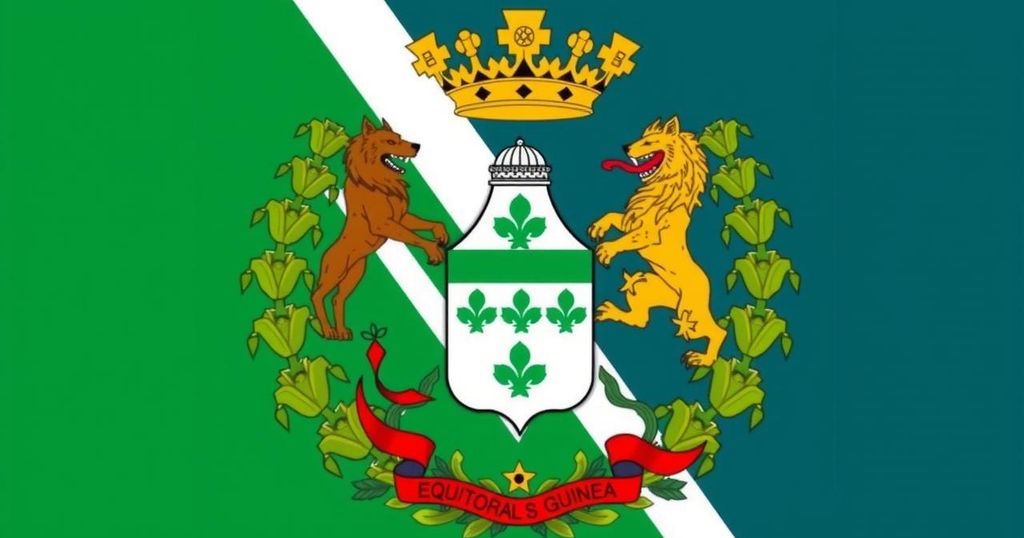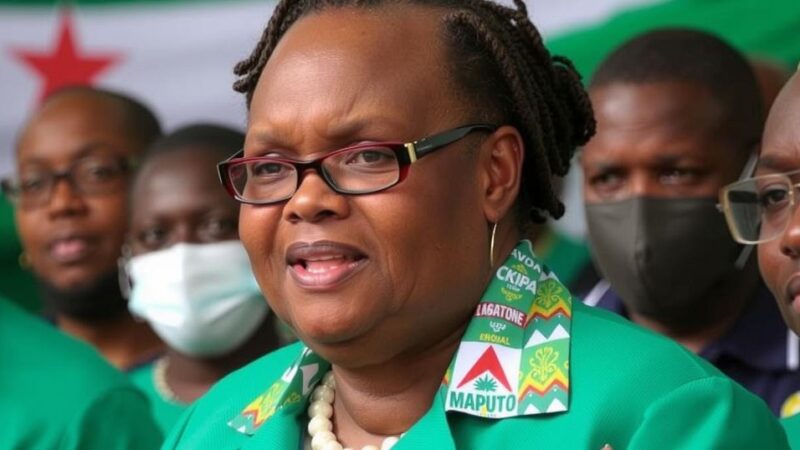Baltasar Ebang Engonga has been dismissed as the Director General of the National Financial Investigation Agency in Equatorial Guinea after videos of him engaging in sexual activities went viral. This decision follows previous corruption allegations and has instigated a broader governmental push for ethical conduct, led by Vice President Teodoro Mangue, who has pledged severe consequences for misconduct among officials.
Authorities in Equatorial Guinea have officially dismissed Baltasar Ebang Engonga from his position as Director General of the National Financial Investigation Agency (ANIF). The decision follows the emergence of viral social media videos depicting Engonga engaging in sexual activities, which reportedly involved a significant number of women. This situation was compounded by previous allegations against him regarding corruption, for which he had been arrested. President Teodoro Obiang Nguema Mbasogo initiated Engonga’s dismissal through a formal decree signed by himself, further underscoring the government’s intolerance of such behavior. Engonga, related to prominent political figures in Equatorial Guinea, including the current President of CEMAC, was initially suspended pending investigation. The Vice President, Teodoro Mangue, took the opportunity to reinforce the administration’s stance on ethical conduct, announcing plans to enforce strict penalties for government officials engaging in inappropriate sexual behavior. He pledged no leniency in pursuing any breaches of public conduct laws. In the wake of the scandal, First Lady Constancia Mangue Obiang has expressed her discontent, labeling the incident a significant embarrassment for the nation. She emphasized the detrimental impact of the situation on the self-image of Equatoguinean women internationally. Engonga, aged 54 and father of six, has a tenure marked by his previous role as Minister of Education before leading the ANIF, highlighting a complex career now overshadowed by controversy.
The dismissal of Baltasar Ebang Engonga marks a significant moment in Equatorial Guinea’s political landscape, where issues of ethical conduct among government officials are under scrutiny. Engonga’s case is not only a reflection of personal misconduct but also of the broader implications involving high-profile government figures. The evolving situation has prompted the Vice President to vow to eradicate inappropriate behavior within the administration, signaling a shift towards stricter enforcement of ethics in governance. This incident raises critical questions regarding accountability and the integrity of public officials.
In conclusion, the dismissal of Baltasar Ebang Engonga from his leadership role within ANIF underscores the continuing challenges faced by Equatorial Guinea in maintaining ethical standards within its government. The government’s decisive action illustrates a growing intolerance for misconduct, especially with the public scrutiny that has arisen from recent scandals. The proactive measures promised by Vice President Mangue indicate a concerted effort to uphold public trust and accountability among public officials.
Original Source: gna.org.gh







